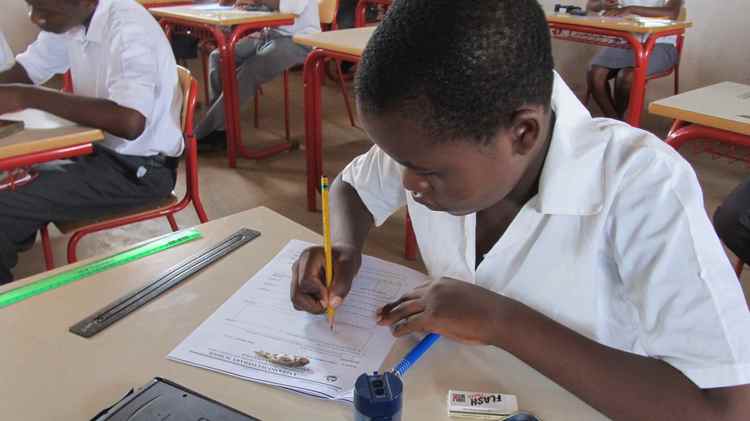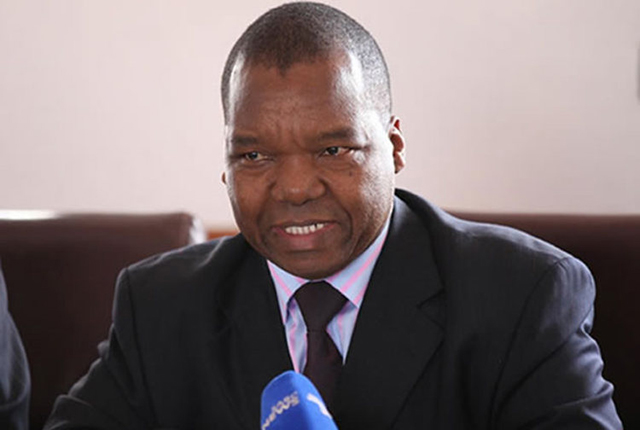Editorial Comment: Thumbs up to Zimsec, relief for parents

Parents and guardians of students writing Ordinary and Advanced Level examinations under the Zimbabwe School Examinations Council (zimsec) are breathing a sigh of relief, following the announcement by the examinations body to extend the registration dates to April 21, as we report elsewhere in this issue.
Considering the prevailing liquidity crunch, if school heads had stuck to the different dates of end of March, it would have meant that a number of eligible students would not have sat for their Ordinary and Advanced Level examinations.
Zimsec’s survival is dependent on students, and those students can only proceed to higher levels of educational and professional life, after going through a test and measurement procedure done by an internationally recognised body, such as zimsec.
Tobacco farmers who were among the first group of parents to call for a postponement, to allow them to sell their 2017 crop, which started a week ago are vindicated.
They made valid arguments, maintaining that zimsec must consider the cash crunch, and that it would take time before a number of them sell their crop. Another valid point they made was that zimsec was different from the Oxford and Cambridge General Certificates of Education, which are administered from the UK at a huge cost.
The farmers also indirectly argued that they were the people who make it happen on the markets, since their produce will earn Zimbabwe the much-needed foreign currency, thus their pleas need to be humanely regarded.
They also made comparisons with previous years when May was the cut-off date. What had changed in 2017?
zimsec should therefore be commended for looking at both sides of the coin, and coming up with dates that will enable both parties, parents and guardians in particular, to put their resources together to enable a bright future for the children. It would have been unfortunate to see a large number of students being unable to sit for their examinations due to this glitch. And, this was going to be a precedent.
We hope that between now and April 21, all eligible students would have successfully pooled the required financial resources to enable them register to sit for their examinations.
zimsec also made a landmark announcement, which should also come as a major relief for parents. They are now operationalising a 2015 Cabinet decision, which would allow parents and guardians to pay examinations fees in instalments over a two-year period starting from Grade Six, form three and form five.
According to the zimsec statement: “Taking into consideration the financial plight of many candidates . . . The scheme works as follows; Grade Seven examinations — candidates start paying for the Grade 7 examinations in Grade Six. The payment of examination fees should be done at the school/examinations centre at the rate of $1 per term, making a total of $6 by term three of Grade Seven.”
If well implemented, not only is this innovative, but it shows that everyone concerned about the state of the country’s education system is thinking outside the box, to ensure that the country remains among the top nations to educate its people. The scheme needs to be widely publicised, so that everyone benefits. Add to this a forward-looking calendar on registration for examinations, and the estimated fees.
We hope that these measures will enable Government and the people to find their footing, and revert to doing business normally.
In as much we understand the parents’ plight, we also hope that they take these initiatives by Government and its stakeholders seriously, until they get to the stage where they save money for the education of their children.
In the same vein, we also implore Government and zimsec to seriously look at the leakage in foreign exchange when the nation pays so much for the Cambridge Schools Examinations, when the very institutions trained zimsec personnel, especially the pioneers.
If a zimsec certificate is acceptable in any part of the world, why should that money be wasted and in the process creating an artificial class system? In 2016 for example, how much foreign currency went to Oxford and Cambridge Schools Examination boards, vis-à-vis what zimsec received? Food for thought.









Comments